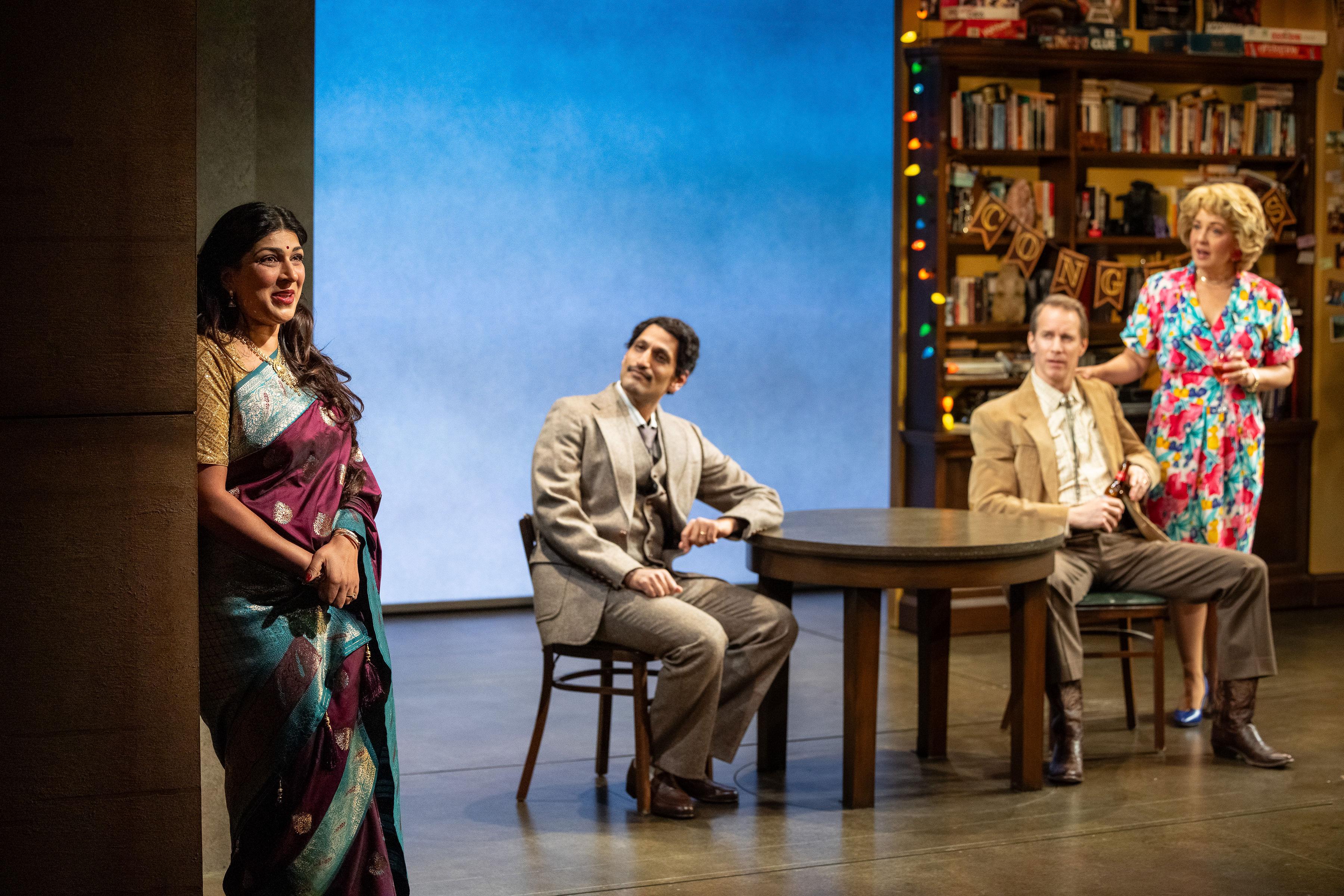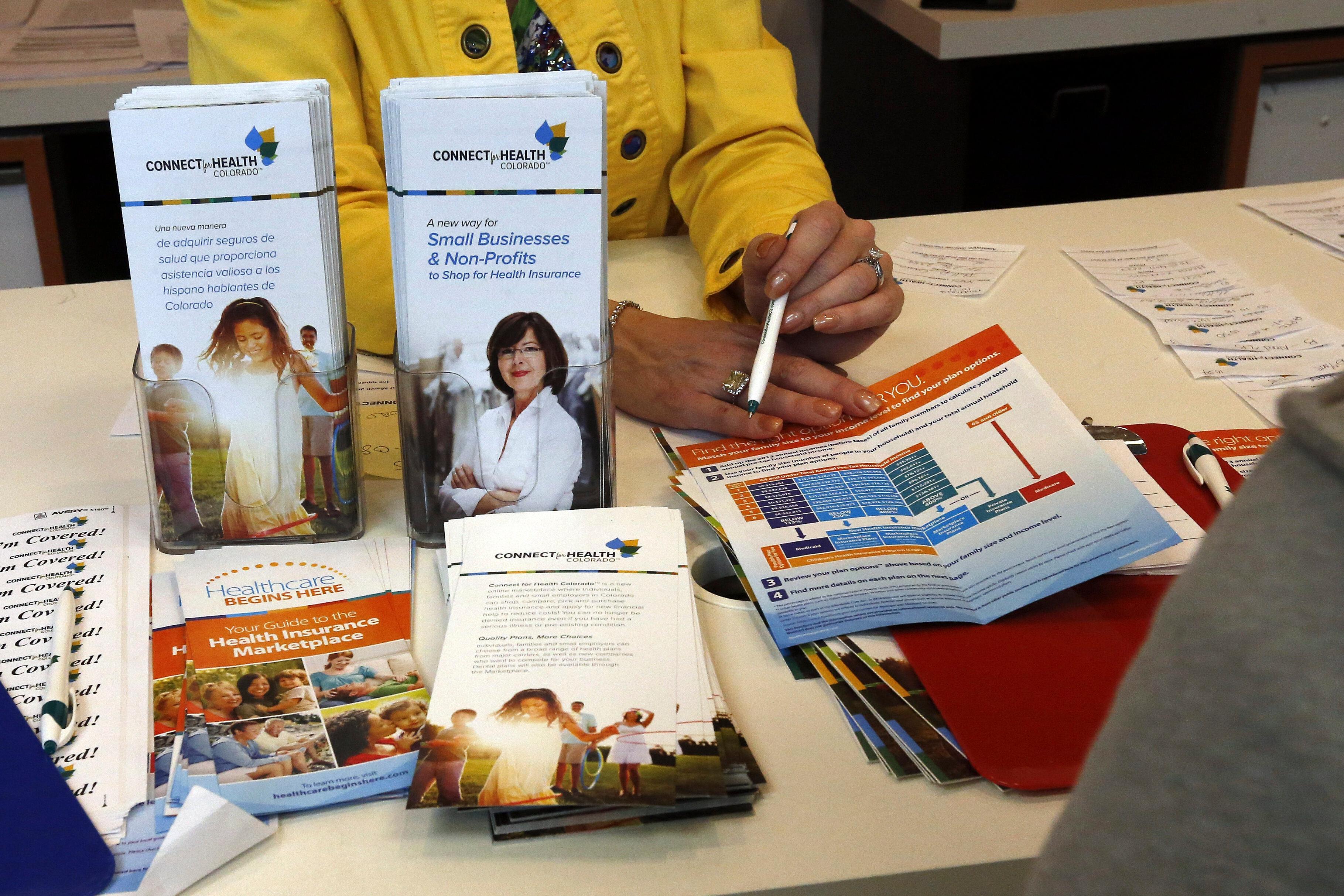
If you’ve battled to buy tickets to a major concert or sporting event, a question from CPR reader Mark Miller might strike a chord.
“Who is behind the purchasing of concert and other event tickets using ‘bots’?” Miller wanted to know. “And why can’t state legislators and governmental entities do anything about it?”
He sent the question to CPR News via Colorado Wonders, and we felt compelled to investigate.
Here’s what Don Strasburg — regional president of AEG, a live music and entertainment company — and Rep. Alex Valdez, who recently sponsored a ticket regulation bill, had to say.
‘Select all squares with bicycles,’ and other tests
Ticket bots are everywhere, jacking up prices for concerts and other events.
AEG’s Don Strasburg said ticketing companies are trying to beat the bots with cutting-edge software. But it can be hard for ticketing platforms to differentiate a bot from a legitimate buyer.
“It's never clear if it's a large bot or if it's somebody who bought, say, six tickets to their favorite show,” Strasburg said.

That’s why ticketing companies do “sweeps.” During these sweeps, sellers have multiple ways to identify bad actors.
Strasburg said they’re scanning for purchases made from the same IP address, the same registered home address, a non-existent address, or addresses that are nearly identical.
Something like a slew of purchases from 111 Millhouse Lane, 111A Millhouse Lane, 111B Millhouse Lane, and 111C Millhouse Lane might sound the alarm.
“But also a lot of good people can get caught up, and the baby gets thrown out with the bath water,” Strasburg said.
That can happen in situations where a bunch of people who live in the same apartment complex are attempting to buy tickets to the same event, or something similar.
When tickets are seized, “We take those tickets back and put them back on sale,” Strasburg said. “So often a concert may sell out very quickly, but if you come back closer to the show, after we may have gotten some of these tickets back and released them, you'll see tickets on sale again.”
What are lawmakers doing to protect Coloradans from ticket bots and other deceptive practices?
Alex Valdez, alongside three other lawmakers, sponsored Colorado’s “Event Ticket Sales and Resales Regulation” bill in 2024.
After it was signed into law, Colorado’s ticket consumer protection laws became some of the nation’s most robust. They require clear disclosure of total ticket prices, prohibit operators from voiding resold tickets, guarantee refunds under specific circumstances, and outlaw deceptive practices like using domain names or branding meant to mislead consumers into thinking resale sites are official retailers.
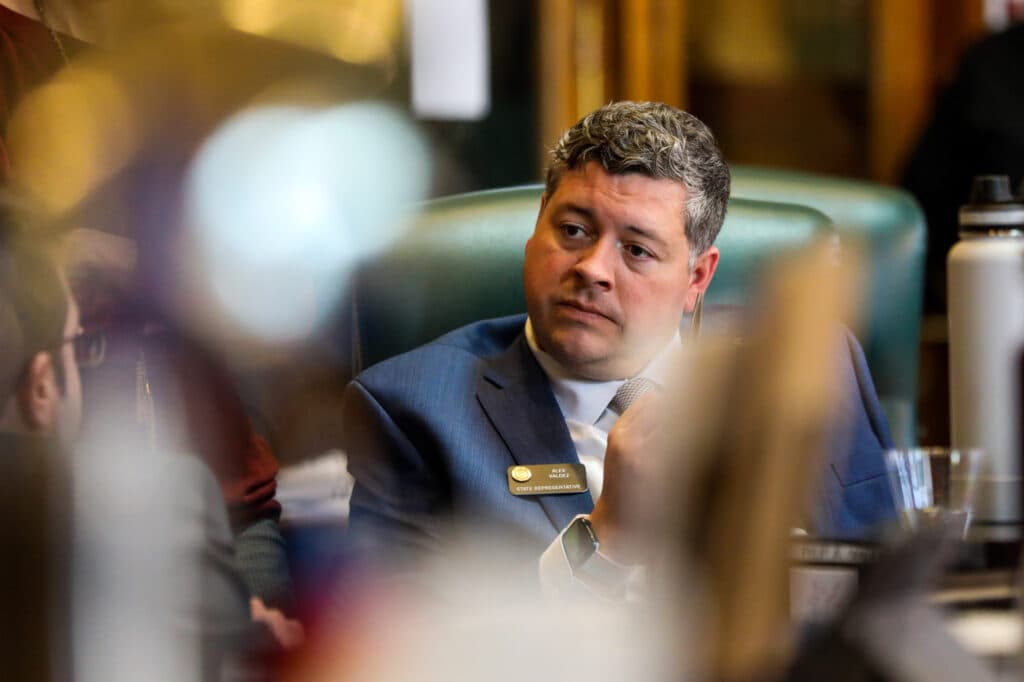
No other states have implemented such extensive protections. But a handful have implemented select laws. For instance, Maryland passed a law in 2024 that requires upfront ticket price disclosure, and New York is working to limit how much resellers can mark up a ticket and require resellers to be licensed.
When it comes to Colorado, “We did make the bots a deceptive trade practice,” Valdez said. “But ultimately, the ticket business is a multi-state business. It's an international business. These bot folks are not just residing in Colorado. They could be anywhere. So when it comes to regulating bots — and the internet as a place of commerce — it gets really tough to do on a state level.”
Do consumer protections currently exist on the national level?
In 2016, then-President Barack Obama signed the Better Online Ticket Sales (BOTS) Act into law. Similar to the recent Colorado legislation, it outlaws actions that circumvent security measures and allow persons or entities to purchase tickets en masse.
The Federal Trade Commission and the Department of Justice are responsible for enforcing the BOTS Act. On Sept. 18, 2025, Colorado and six other states joined an FTC lawsuit, suing Live Nation and Ticketmaster for intentionally misleading practices. This action follows Trump’s March 31, 2025, executive order stating the administration will “protect fans from exploitative ticket scalping and bring commonsense reforms to America’s live entertainment ticketing industry.”
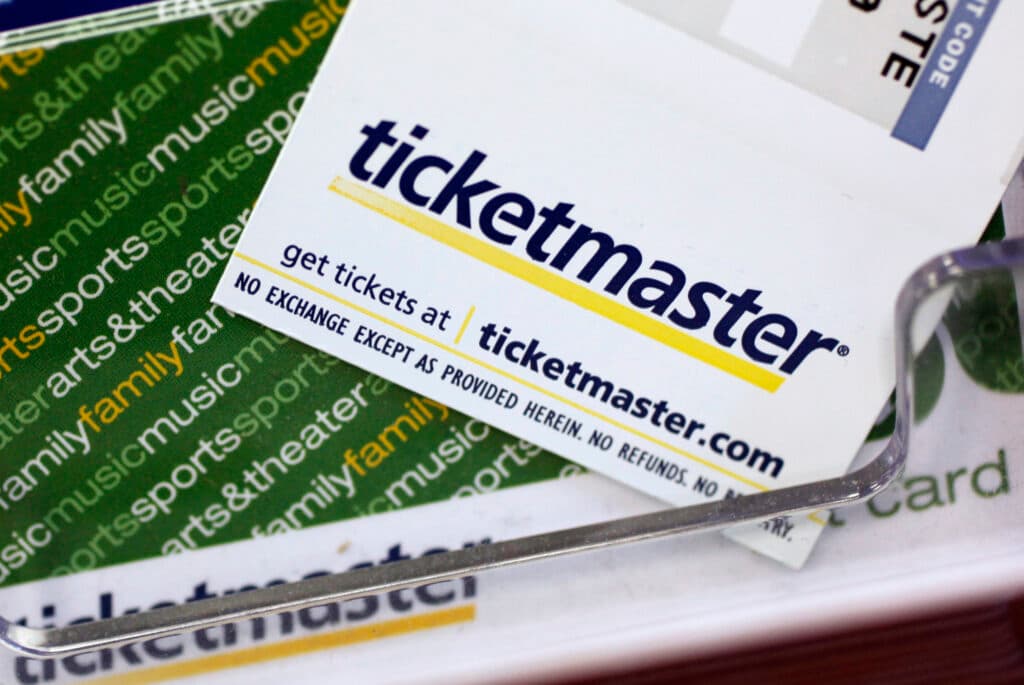
According to the plaintiffs in the September suit, Live Nation and Ticketmaster are “tacitly coordinating with brokers and allowing them to harvest millions of dollars worth of tickets in the primary market,” of which they “then sell the illegally harvested tickets at a substantial markup in the secondary market, causing consumers to pay significantly more than the face value of the ticket.”
The result of the lawsuit is yet to be determined, though a 2021 suit under the BOTS Act did result in settlements totaling $3,707,333.49.
But even in the case of a settlement, the money doesn’t go back to the consumer. It goes to the U.S. Treasury.
There’s tension between protecting buyers and protecting sellers.
This is where things get complicated.
“Colorado is one of a few states that actually defends a person's right to resell their ticket at any time, at any cost,” AEG’s Don Strasburg explained. “Legislators and the governor have elected to protect people's right to resell their tickets.”
“How would you feel if you bought a piece of furniture, or a baseball card,” Strasburg said, “and somebody told you you weren't allowed to sell it for what somebody wanted to buy it for? … I think that might be at the backbone of why Colorado protects people's right to resell their ticket.”
A better way?
Americans often look to Europe for better ticketing models.
“They’re a little bit more regulated in this space,” Valdez said. “And it's for the purpose of giving people access to these events.”
In the European Union, there are data privacy and consent requirements, as well as laws that protect consumers against cancellations and hidden fees. There’s also an antitrust movement, catalyzed by the 2022 Digital Markets Act, that’s cracking down on "gatekeeper" companies across industries.
The most interesting thing Valdez has seen, he said, was a ticketing system at Wimbledon.
“When someone leaves, they scan their ticket and then they sell the ticket again at a discount to a person waiting outside.”
Valdez said our system feels like “gouge 'em at the front and if they get in and have a great time, whatever.” But in Europe, “it's more like, let's control the system of how these tickets create money for folks and make it more fair to the fan.”
- Colorado’s new ‘Music Advocacy Day’ hopes to lay the groundwork for music policy progress
- The Underground Music Showcase is over ‘in its current form.’ We did our best to figure out what that means
- Is Denver a city where musicians can make it big? Here’s what artists had to say
- Workers at Denver’s small, Live Nation concert venues move to unionize
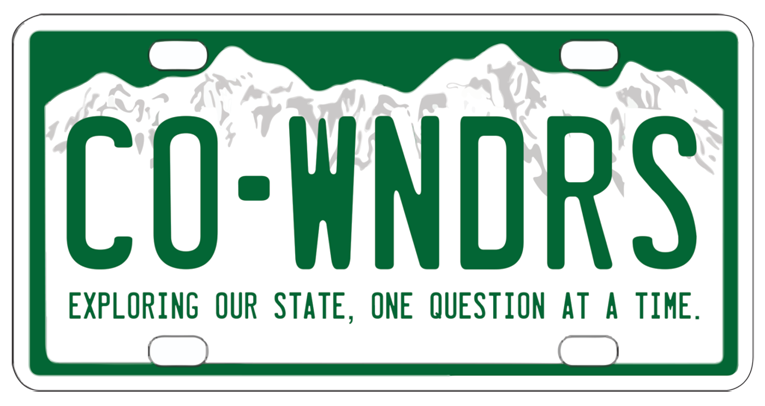
Colorado Wonders
This story is part of our Colorado Wonders series, where we answer your burning questions about Colorado. Curious about something? Go to our Colorado Wonders page to ask your question or view other questions we've answered.




